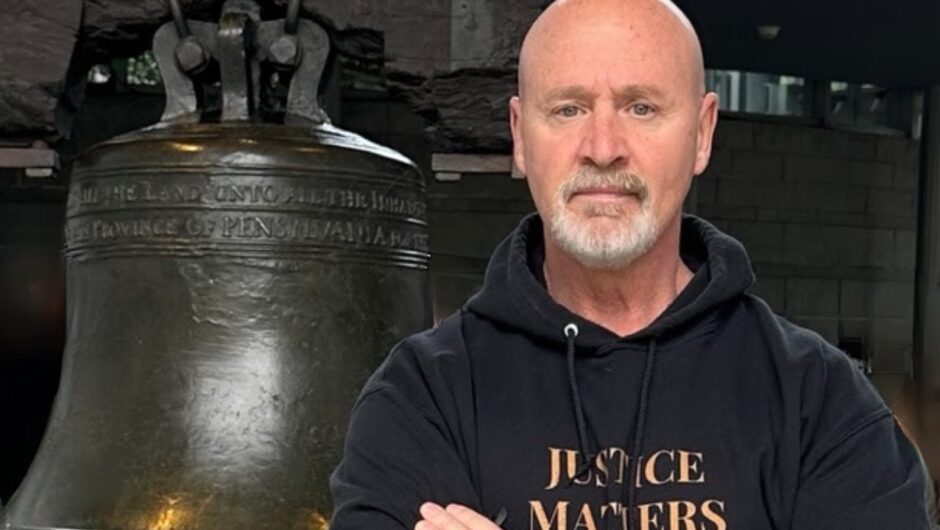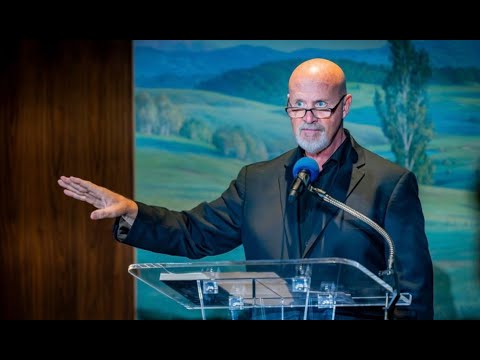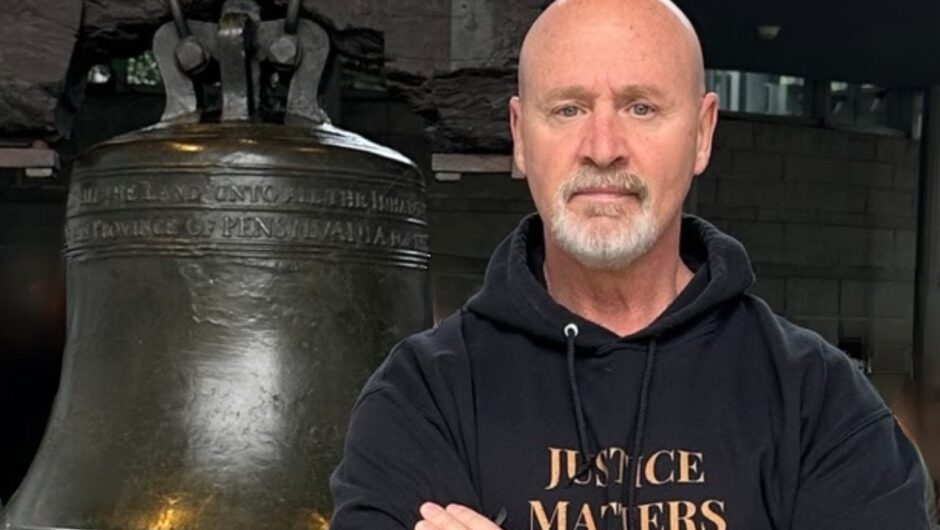
news, latest-news, Ombudsman, Aboriginal community, police, incarceration
Canberra’s Aboriginal elders have called for the reinstatement of the funded Interview Friends program to support Indigenous people who are arrested out of hours and held for questioning. The Interview Friends program, known as Anunga Rules, was firstly established as a voluntary program in the ACT, then received some limited funding support through the now-defunct Aboriginal Justice Centre. However, the 24-hour service, in which an elder or senior community member would attend the police station to offer culturally appropriate support, has since quietly folded. It is not included in the ACT government’s justice affairs funding. The head of the Aboriginal Legal Service in NSW and the ACT, Karly Warner, said the recent Commonwealth Ombudsman’s report highlighted “serious deficiencies” into how police and the Aboriginal and Torres Strait Islander community in the ACT interact. Nine recommendations were made by the Ombudsman. “What this report shows is how the gaps in ACT Policing are contributing to Aboriginal disadvantage,” Ms Warner said. “The Ombudsman called for the organisations like the ALS to work with ACT Policing and we’re really open to that, but for this to happen there needs to be transparency from the police. “We’ve long called for police transparency on policies, actions and procedures and it’s pretty disturbing that some of these procedures simply don’t exist or are not available to the public.” She said that in the absence of transparency and when police “set their own standards”, “this leads to inconsistent and unfair treatment, otherwise known as discrimination”. Julie Tongs, the head of the Winnunga Aboriginal Health Service in the ACT, said that she was so fed up with the succession of reports and recommendations that she wants key performance indicators on police treatment of Aboriginal people to be built into the annual policing contract between the ACT government and the Australian Federal Police. In a unique arrangement, the ACT government pays the federal police around $170 million a year to provide community policing services to the territory. Ms Warner said that we “absolutely have to end this cycle of reports sitting on shelves gathering dust”. “Reviews and recommendations are only helpful when they are implemented,” she said. She urged for the mandating and annual reporting of how organisations respond to recommendations. Police are required to contact the ALS’s custody notification service when an Aboriginal person is taken into custody. However, a proportion of those arrested are fearful of self-identifying. One of the recommendations in the report was for police to consult with key stakeholders, including the Aboriginal Legal Service, to determine “how and when it will ask members of the public whether they identify as Aboriginal or Torres Strait Islander”. Tuggeranong community elder Coral King was one of the original volunteers in the Interview Friends program. She had to withdraw from the program when her circumstances changed but she remains a strong advocate of re-invigorating the service “as long as it is properly funded, and has people in it who are passionate about doing it”. “Quite a lot of arrests happen happen overnight so we would share the on-call phone between us. I don’t drive so we’d get cab vouchers so we could go in and come home again sometimes at 2, 3 or 4[am],” Ms King said. “People liked us being there because they were often in a pretty low way and feeling pretty isolated. I’m not a lawyer, but just being there to provide support was really important.” The head of the legal service said that it was important that people held in custody “feel safe” and know that “their wellbeing is being looked after”. One of the many recommendations of the Royal Commission into Aboriginal Deaths in Custody, which had its first hearings back in 1988, was for police departments to “formalise procedures for working with Aboriginal Visitors Schemes, including recording of responses to issues raised by employees of the schemes”. Our journalists work hard to provide local, up-to-date news to the community. This is how you can continue to access our trusted content:
/images/transform/v1/crop/frm/ZBtA3uhzm786CWHKXPpjK4/fe0fa2e9-9ce4-45ce-b28f-d964a005b45b.jpg/r0_270_5358_3297_w1200_h678_fmax.jpg
Canberra’s Aboriginal elders have called for the reinstatement of the funded Interview Friends program to support Indigenous people who are arrested out of hours and held for questioning.
The Interview Friends program, known as Anunga Rules, was firstly established as a voluntary program in the ACT, then received some limited funding support through the now-defunct Aboriginal Justice Centre.
However, the 24-hour service, in which an elder or senior community member would attend the police station to offer culturally appropriate support, has since quietly folded. It is not included in the ACT government’s justice affairs funding.
The head of the Aboriginal Legal Service in NSW and the ACT, Karly Warner, said the recent Commonwealth Ombudsman’s report highlighted “serious deficiencies” into how police and the Aboriginal and Torres Strait Islander community in the ACT interact.
Nine recommendations were made by the Ombudsman.
“What this report shows is how the gaps in ACT Policing are contributing to Aboriginal disadvantage,” Ms Warner said.
“The Ombudsman called for the organisations like the ALS to work with ACT Policing and we’re really open to that, but for this to happen there needs to be transparency from the police.
“We’ve long called for police transparency on policies, actions and procedures and it’s pretty disturbing that some of these procedures simply don’t exist or are not available to the public.”
She said that in the absence of transparency and when police “set their own standards”, “this leads to inconsistent and unfair treatment, otherwise known as discrimination”.
Julie Tongs, the head of the Winnunga Aboriginal Health Service in the ACT, said that she was so fed up with the succession of reports and recommendations that she wants key performance indicators on police treatment of Aboriginal people to be built into the annual policing contract between the ACT government and the Australian Federal Police.
In a unique arrangement, the ACT government pays the federal police around $170 million a year to provide community policing services to the territory.
Ms Warner said that we “absolutely have to end this cycle of reports sitting on shelves gathering dust”.
“Reviews and recommendations are only helpful when they are implemented,” she said.
She urged for the mandating and annual reporting of how organisations respond to recommendations.
Police are required to contact the ALS’s custody notification service when an Aboriginal person is taken into custody. However, a proportion of those arrested are fearful of self-identifying.
One of the recommendations in the report was for police to consult with key stakeholders, including the Aboriginal Legal Service, to determine “how and when it will ask members of the public whether they identify as Aboriginal or Torres Strait Islander”.
Tuggeranong community elder Coral King was one of the original volunteers in the Interview Friends program. She had to withdraw from the program when her circumstances changed but she remains a strong advocate of re-invigorating the service “as long as it is properly funded, and has people in it who are passionate about doing it”.
“Quite a lot of arrests happen happen overnight so we would share the on-call phone between us. I don’t drive so we’d get cab vouchers so we could go in and come home again sometimes at 2, 3 or 4[am],” Ms King said.
“People liked us being there because they were often in a pretty low way and feeling pretty isolated. I’m not a lawyer, but just being there to provide support was really important.”
The head of the legal service said that it was important that people held in custody “feel safe” and know that “their wellbeing is being looked after”.
One of the many recommendations of the Royal Commission into Aboriginal Deaths in Custody, which had its first hearings back in 1988, was for police departments to “formalise procedures for working with Aboriginal Visitors Schemes, including recording of responses to issues raised by employees of the schemes”.
Our journalists work hard to provide local, up-to-date news to the community. This is how you can continue to access our trusted content:






